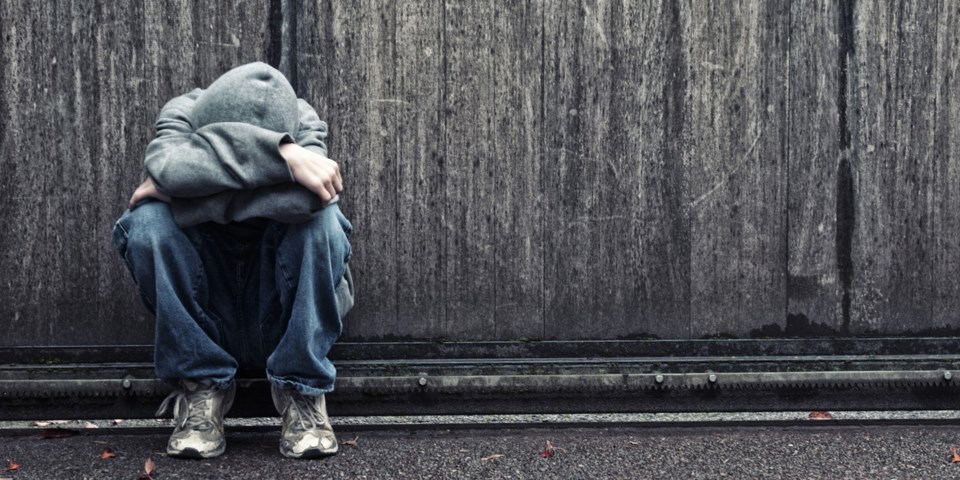At long last, a replacement for the old cold weather shelter at St. Hilda’s Church has been found. As readers will know, the Upper Deck Guest House has morphed into a 20-bed homeless shelter. Also, there is talk of creating a shelter in Gibsons. Both of these are excellent developments.
It seems, then, like a good time to talk about the relationship between mental well-being and homelessness.
But first, an observation: On the Sunshine Coast, homelessness and demand for social services like the food bank are on the rise, and the “typical” client base of 10 – even five – years ago has changed. The death spiral of unaffordable rentals and meagre employment means we now see folks lining up for services who arrive in minivans with kids in tow.
This means we must look at homelessness both as a consequence of mental illness and also as a cause of emotional and mental harm.
Folks living with a mental illness face huge housing challenges. The first significant barrier to finding safe and dependable accommodation is financial. If a person’s health challenges are cyclical – that is, if there are occasional bursts of crippling or severe symptoms – steady employment is a virtual impossibility.
But the greater barrier is bias – a chain of discrimination that begins in the job market and extends to housing. Given the choice, many employers would rather not hire a worker who lives with a mental illness, and many landlords would prefer tenants with no medical issues. The economic insecurity that results plays out as a housing issue. No money; no home.
(I should note that there are several enlightened employers here on the Coast who fully accept employees with mental, developmental, and physical challenges.)
For the “new” faces of homelessness, the folks who have been driven to social services by an unaffordable housing market and disappearing job opportunities, the effects of losing a home can be devastating and lead to a severe downturn in mental well-being.
Imagine this: Last year you worked in an office, had a family you were more than able to provide for, and a wide circle of friends. This, broadly, was your social network. Now, take away your job and your house; what do you see and feel?
First there is shame, brought on by the sudden and unfamiliar inability to provide for your family. And embarrassment, too, at the perceived loss of status so hard-won by a lifetime of education and work.
Next, there is isolation and loneliness. Schools, the workplace, and activities that a reliable income can buy create a web of social connections. When this shared support structure and the folks who populate it vanishes, so do the social interactions with friends and like-minded people that give life much of its meaning.
Solitude and social separation, according to a recent study, are a health hazard and can lead to a surprising number of ailments. These may include dementia, autoimmune and cardiovascular disorders, and even cancer – all very expensive to treat.
The list of the causes and effects of homelessness is a long one, and the human and financial health care consequences are unacceptable.
If we take a harm reduction approach to housing, if we realize that a commitment to the creation of affordable housing mitigates these human and financial costs, then we will have taken a meaningful step towards a solution to a problem that looks to get worse in the future.



